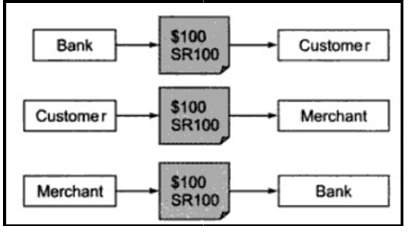In finance, a credit derivative is a securitized derivative whose value is derived from the credit risk on an underlying bond, loan or any other financial asset. In this way, the credit risk is on an entity other than the counter-parties to the transaction itself. This entity is known as the reference entity and may be a corporate, a sovereign or any other form of legal entity which has incurred debt. Credit derivatives are bilateral contracts between a buyer and seller under which the seller sells protection against the credit risk of the reference entity.
Similar to placing a bet at the racetrack, where the person placing the bet does not own the horse or the track or have anything else to do with the race, the person buying the credit derivative doesn’t necessarily own the bond (the reference entity) that is the object of the wager.… Read the rest

